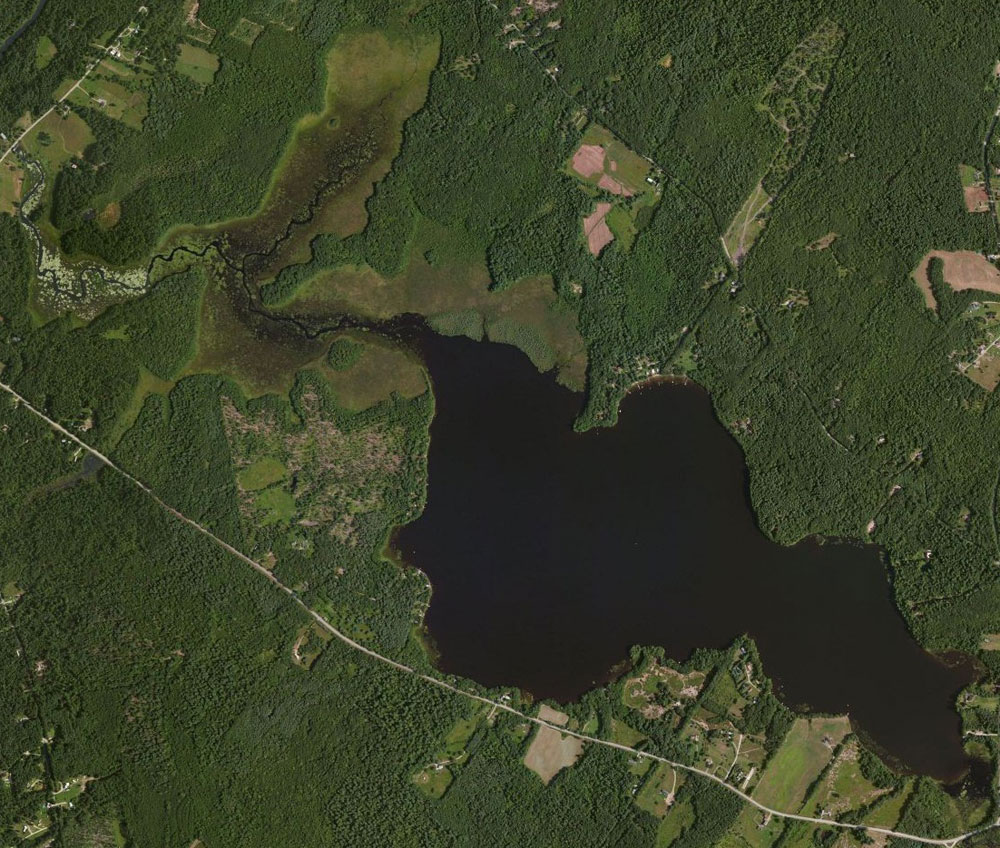
August 11, 2019; Bangor Daily News
We are often struck by the number of different types of nonprofits working to make their communities better all across this country. Many of them are quite small, but that does not diminish their accomplishments. Each, however, serves as a small puzzle piece of a whole, engaged democracy.
For instance, the membership-based Clary Lake Association in Maine worked for 80 years to preserve, protect, and enhance the natural beauty and quality of Clary Lake and its watershed, reports the Bangor Daily News. Last October, it managed to acquire the Clary Lake Dam, which will allow it to regulate water levels. This opens up new vistas, which the association recently explored in a vision/planning session.
“People are very energized and interested in not just being a group of people who were cranky about the dam and happen to be lakeshore owners, but people who are very interested in creating some new activities [and] some new opportunities,” says Malcolm Burson, who just stepped down as board president.
Burson adds that, “The board spent a lot of time this past winter thinking about, what are all the cool things we can do now that we’ve got a dam and high water and a community around us, and we came up with some ideas.” Still, the group is both ambitious and conscious of its need to pace itself, even as it makes steady headway in bringing the lake into strong local stewardship.
Maranda Nemeth, senior watershed manager with Midcoast Conservancy, says, “If we could open up Clary Lake, we would see improved water quality and wildlife balance in Clary, but the benefits would also radiate out to the greater Sheepscot River system.”
Sign up for our free newsletters
Subscribe to NPQ's newsletters to have our top stories delivered directly to your inbox.
By signing up, you agree to our privacy policy and terms of use, and to receive messages from NPQ and our partners.
Nemeth says the Maine Department of Marine Resources named Clary Lake as a historic alewife pond, but dams had interfered with spawning. She is hopeful that groups can take on a feasibility study for the reintroduction of fish into the lake, but there were many other ideas, big and small, on the table.
Additional ideas regarding the stewardship of the lake include cleanup activities to build community around the lake, creating a presentation and video to explain the lake’s history, nature programs that connect local schools and the public library to the lake, and possibly organizing an annual Clary Lake Day.
Ownership of the dam means, in short, a need for more bandwidth, as they write on their webpage:
Our decision to pursue ownership of the dam places new and challenging responsibilities on us. Now that we own the Clary Lake dam, the Association is entering a new and exciting phase of its existence. In particular, funding the necessary repairs and providing for ongoing maintenance of the dam will require a larger budget than in the past. It is our sincere hope that our owning the dam will be a unifying influence on all Clary Lake shore owners and that we can all join together and face this challenge together.
—Ruth McCambridge












